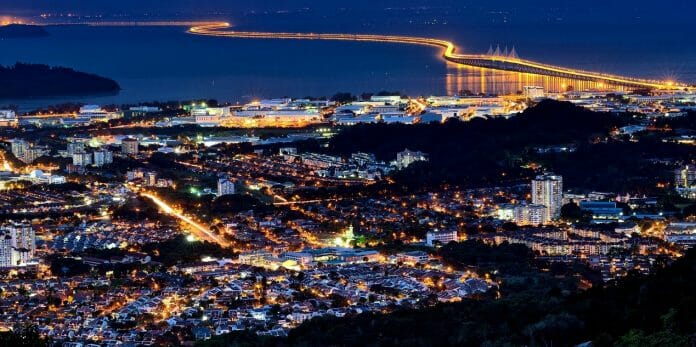Penang Island City Council and Seberang Perai City Council have joined the Resilient Cities Network (R-Cities) as part of a commitment to build urban resilience.
The move, which will ensure the cities’ inhabitants are better protected from the impacts of climate change, future pandemics, and inequity, is supported by the Micron Foundation, the philanthropic arm of Micron Technology, Inc.
“As one of the most densely populated areas in Malaysia, it is vital that we build resilience to withstand and adapt to a growing number of shocks and stresses,” said Zairil Khir Johari, Penang State Executive Councillor for Infrastructure, Transport and Digital Development. “With climate change, aging infrastructure, and inequity rising around the globe, we must get ahead of these issues for our residents, communities, and for our future.”
The cities are committed to strengthening their resilience through a combination of initiatives such as protecting infrastructure, building community-level resilience, adapting to climate change, and future-proofing the economy against challenges.
To benefit from the knowledge of resilience practitioners worldwide, Penang Island and Seberang Perai are joining R-Cities – an urban resilience network, made up of nearly 100 cities across six regions globally, including Paris, Cape Town, New York City, Rio de Janeiro, Sydney, and Singapore.
The Micron Foundation’s grant will enable Penang Island and Seberang Perai City Councils to join the Network, develop a Resilience Strategy, and appoint and train Chief Resilience Officers (CRO).
Additionally, R-Cities and the Micron Foundation are working together to provide young leaders in government and communities with access to an interactive urban resilience curriculum that will promote safety and equity for communities in the long-run.
These investments will support Penang Island and Seberang Perai in the cities’ efforts to institutionalise readiness within its governance system, advance urban adaptability practices and create opportunities for impact on the ground in support of Penang state’s most vulnerable communities, through planning and climate adaptation.









